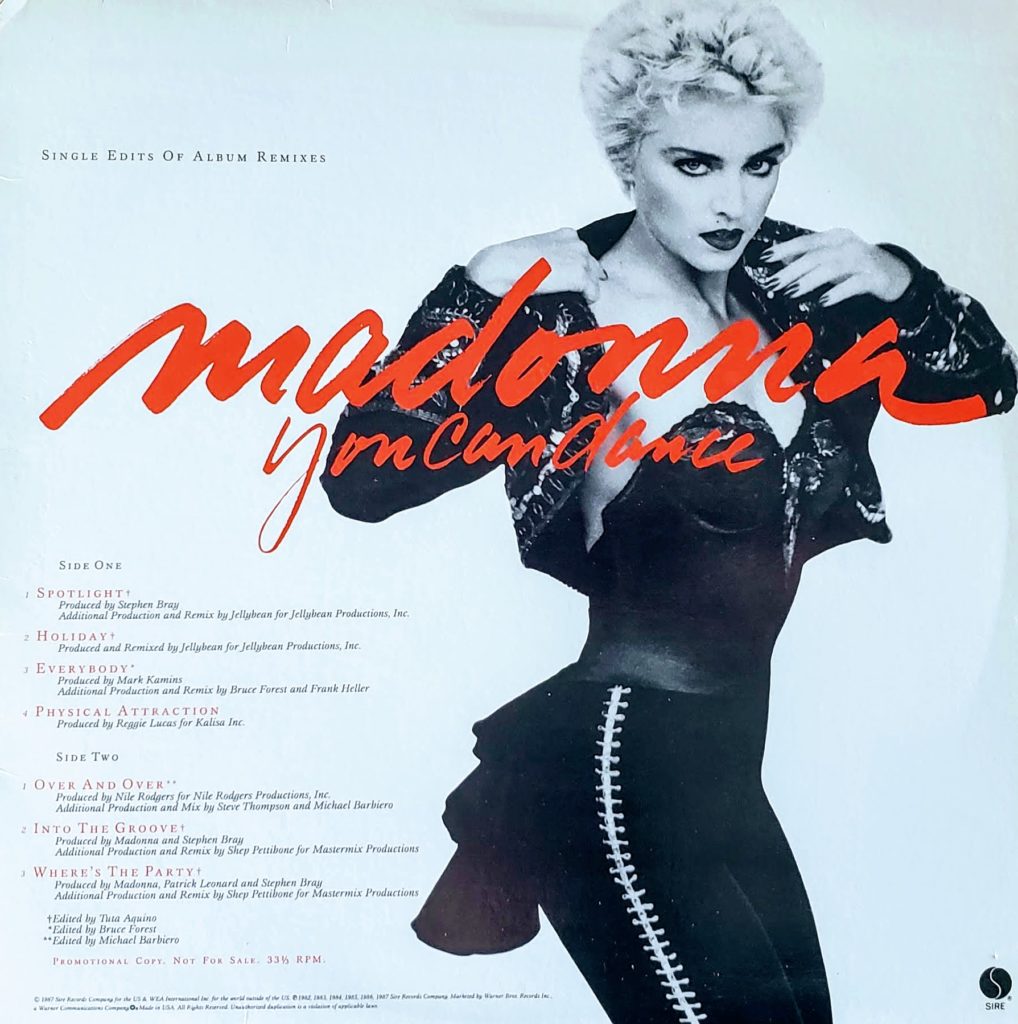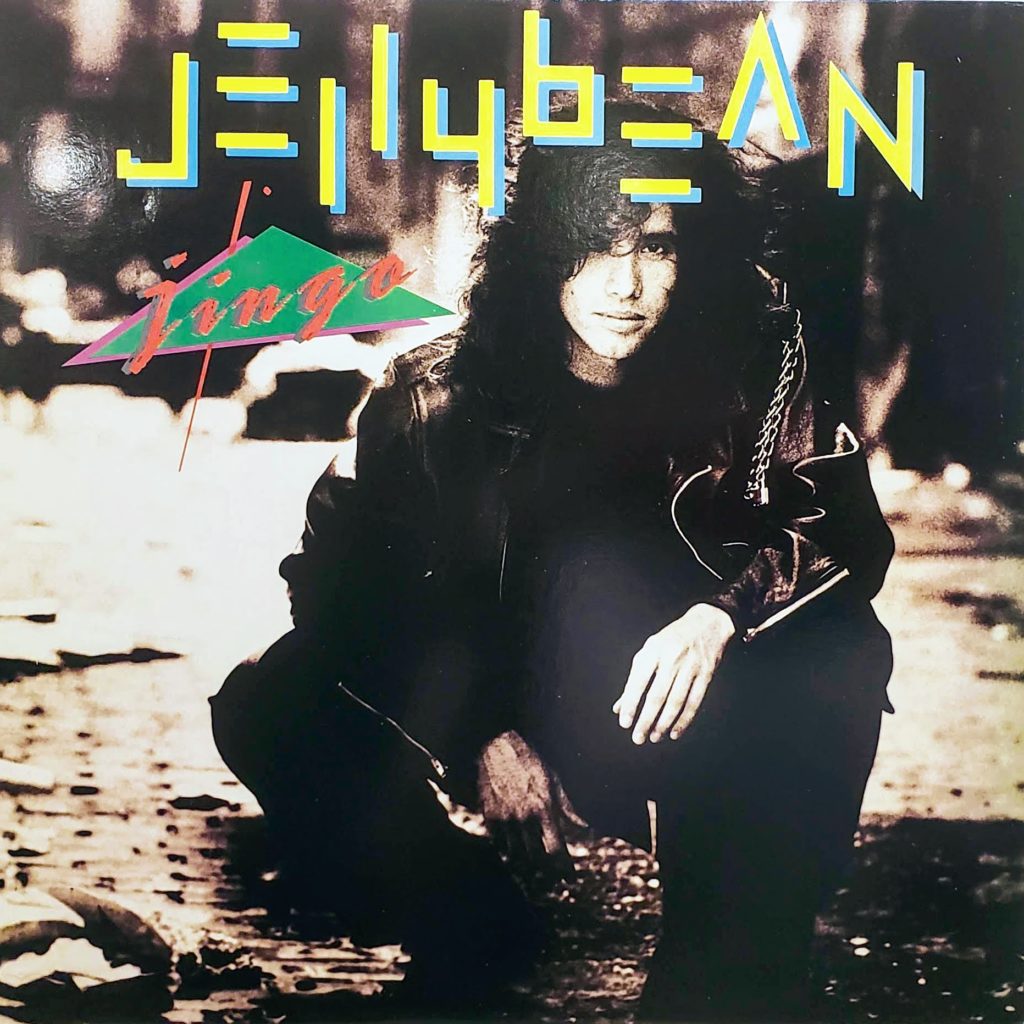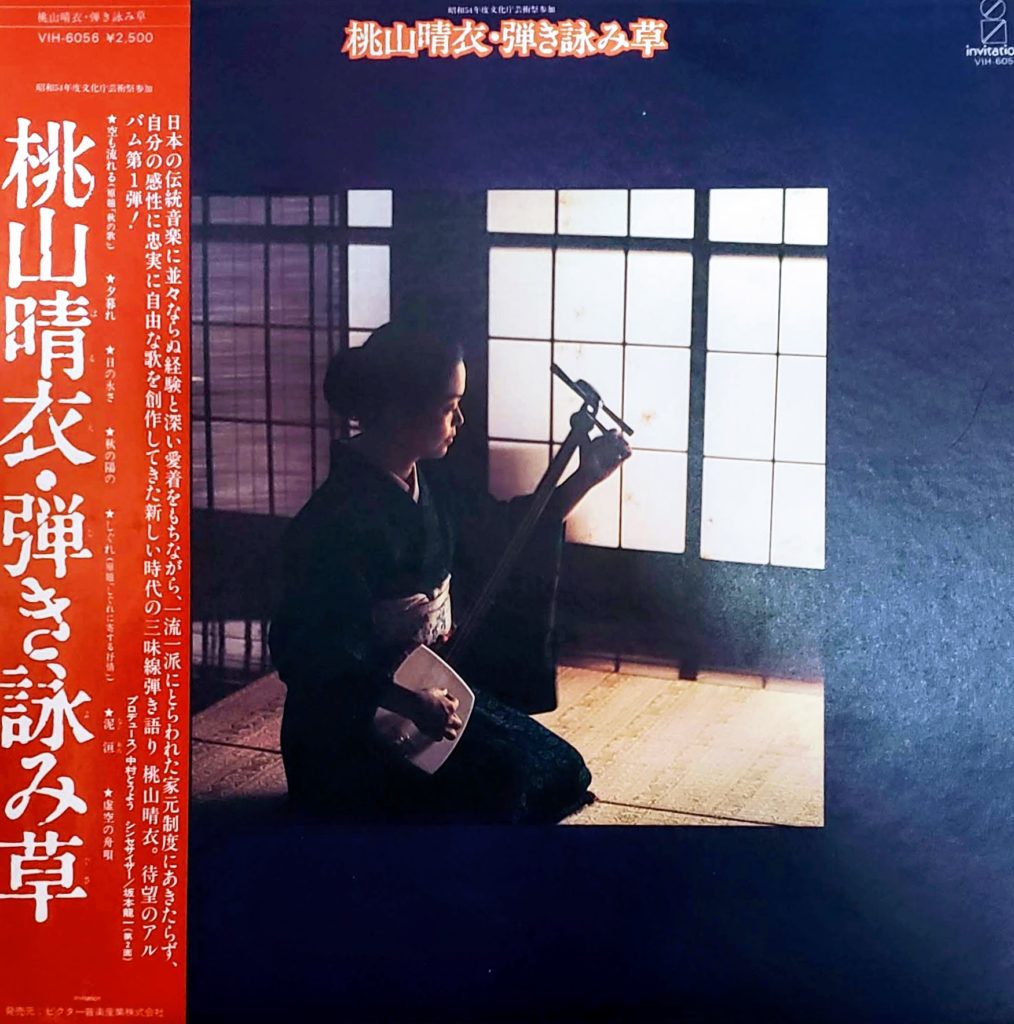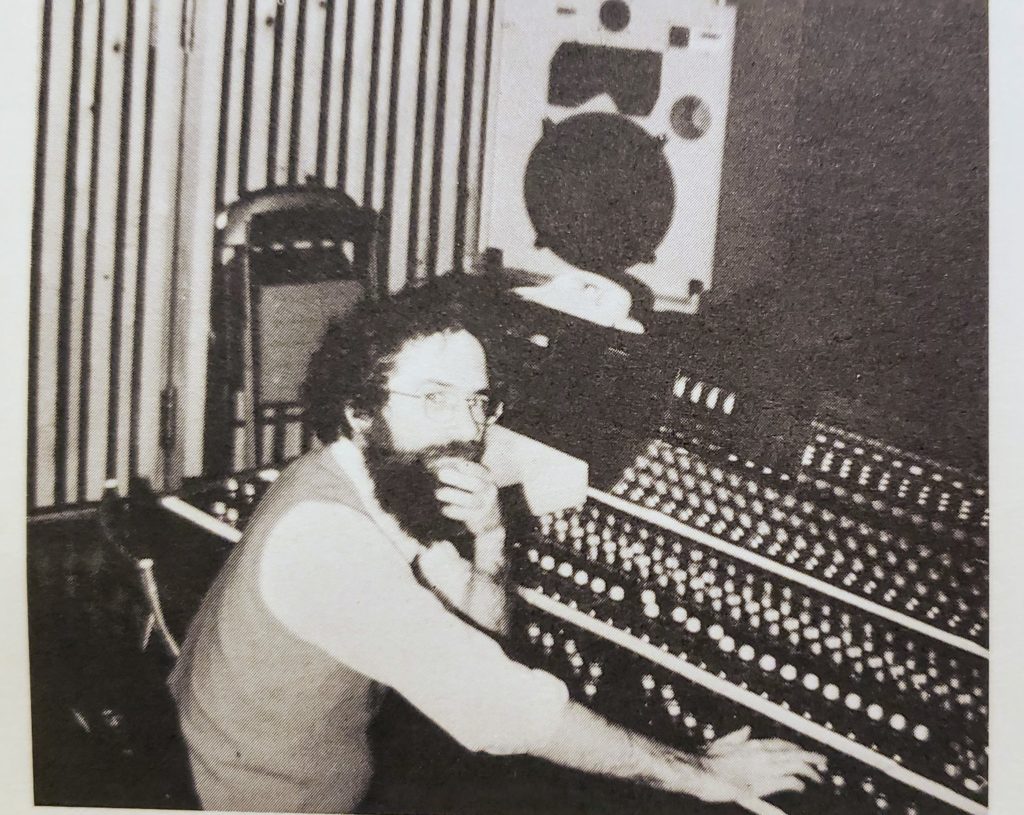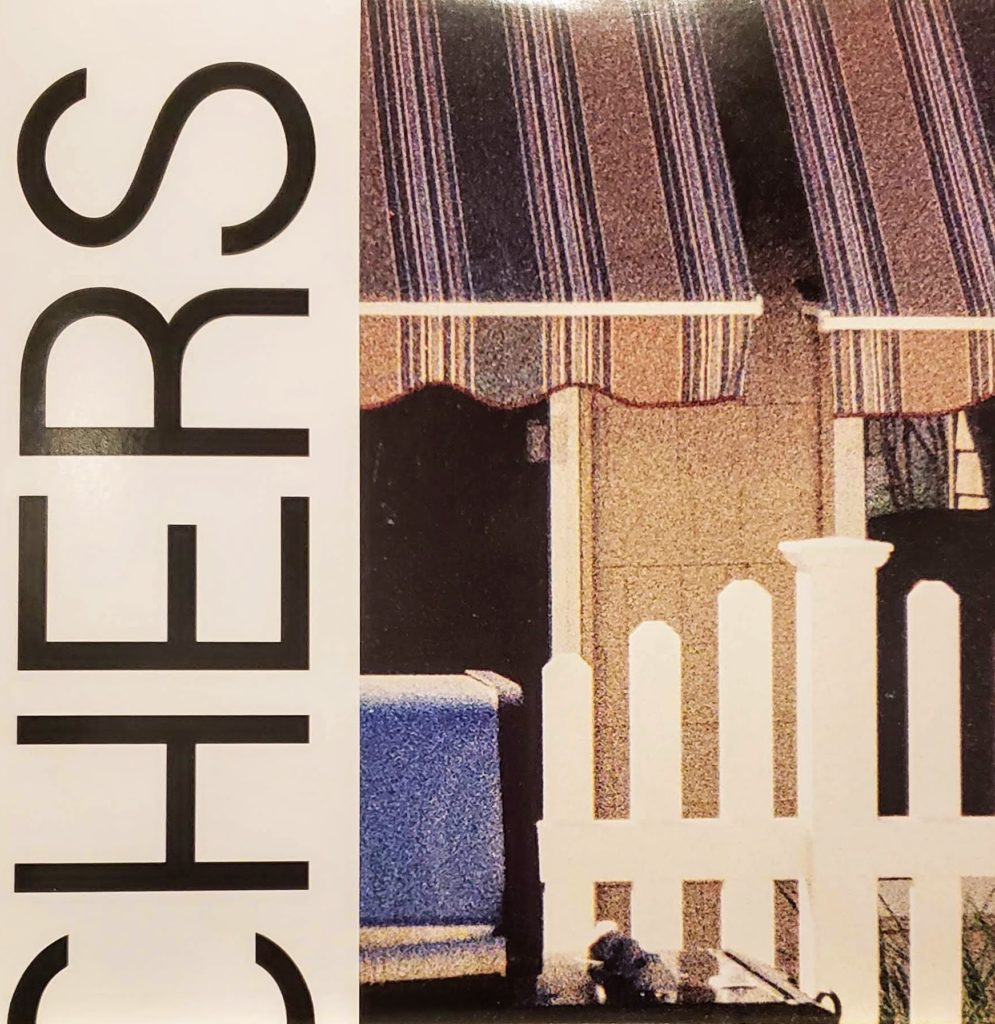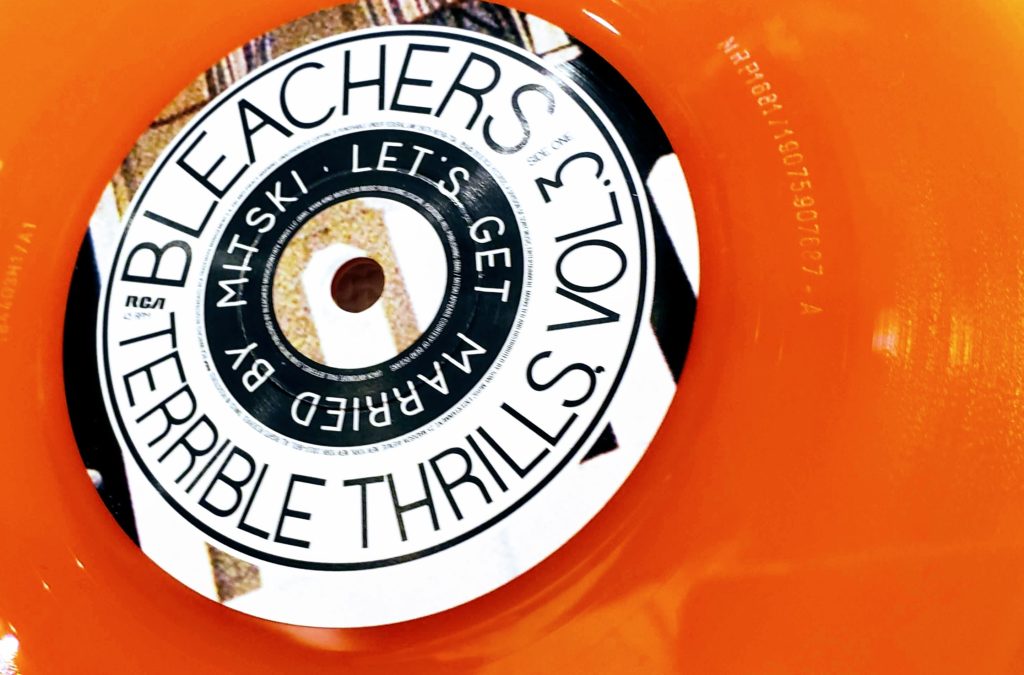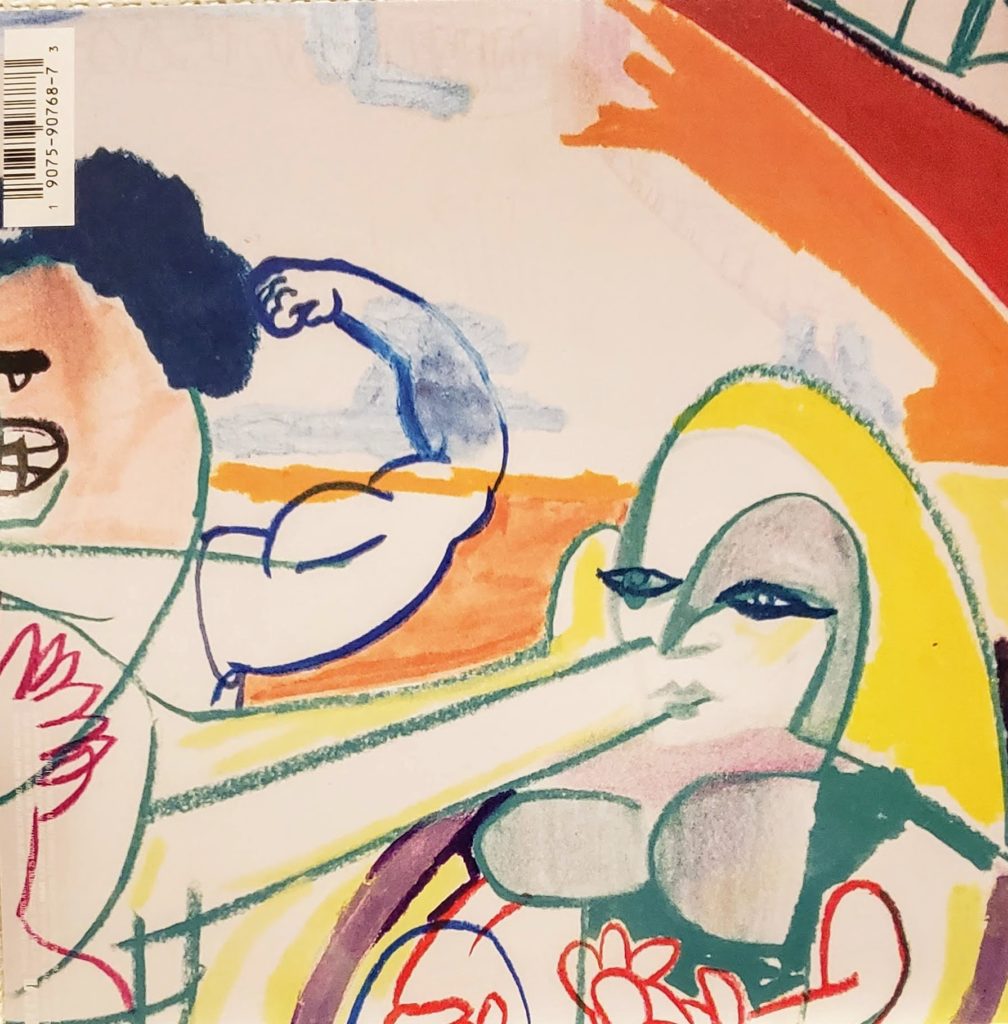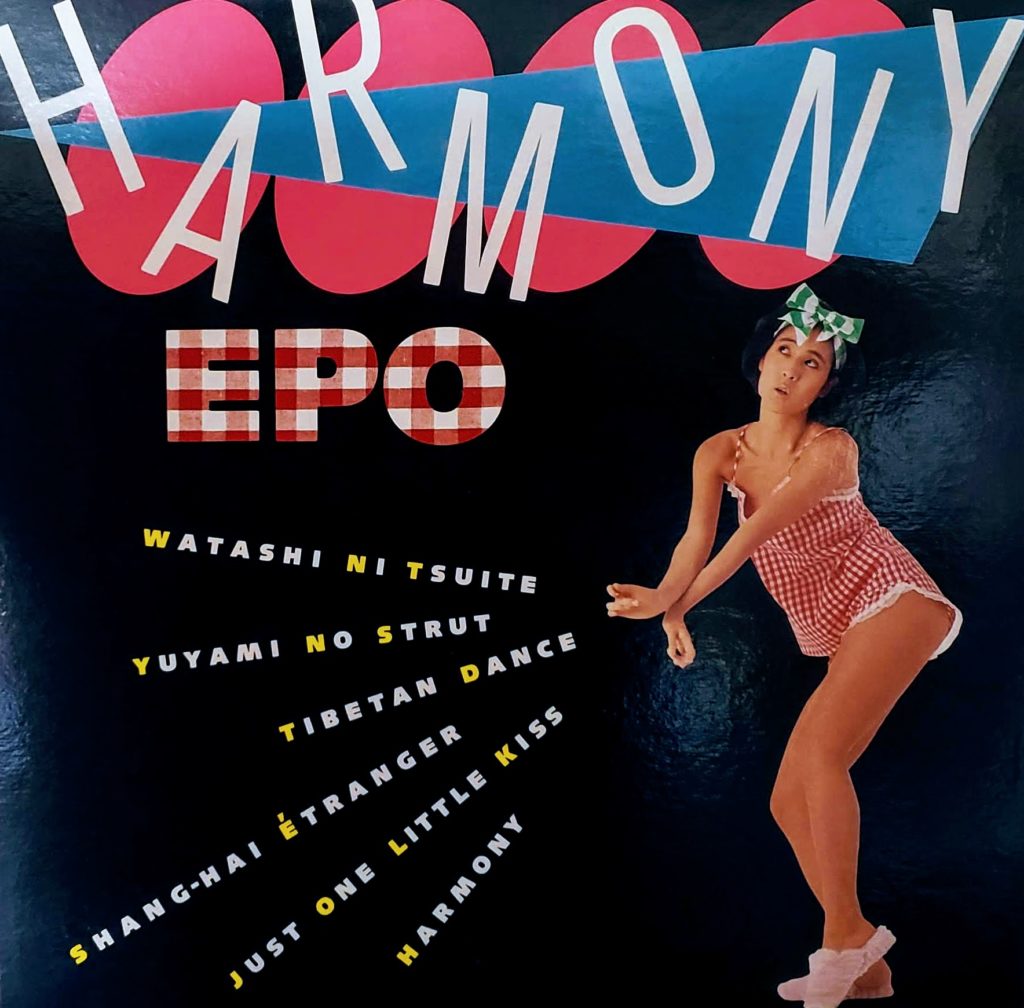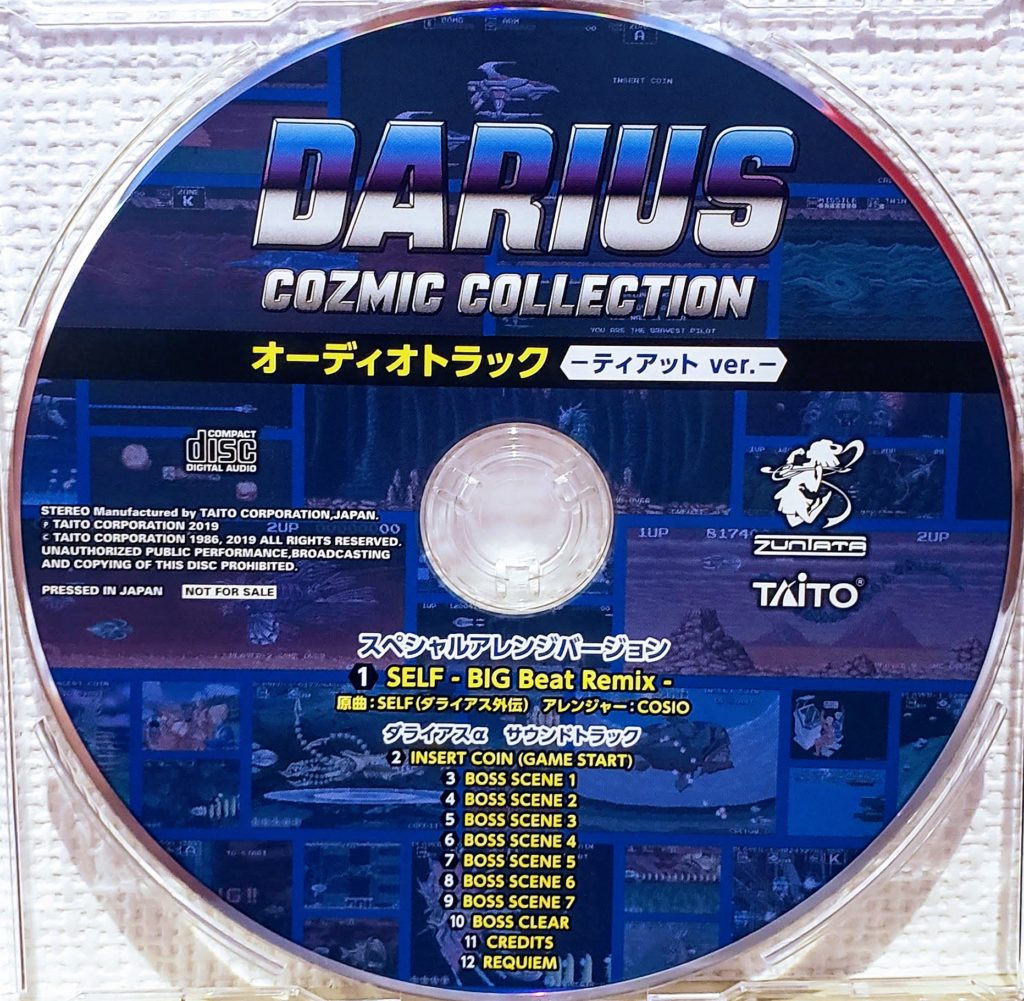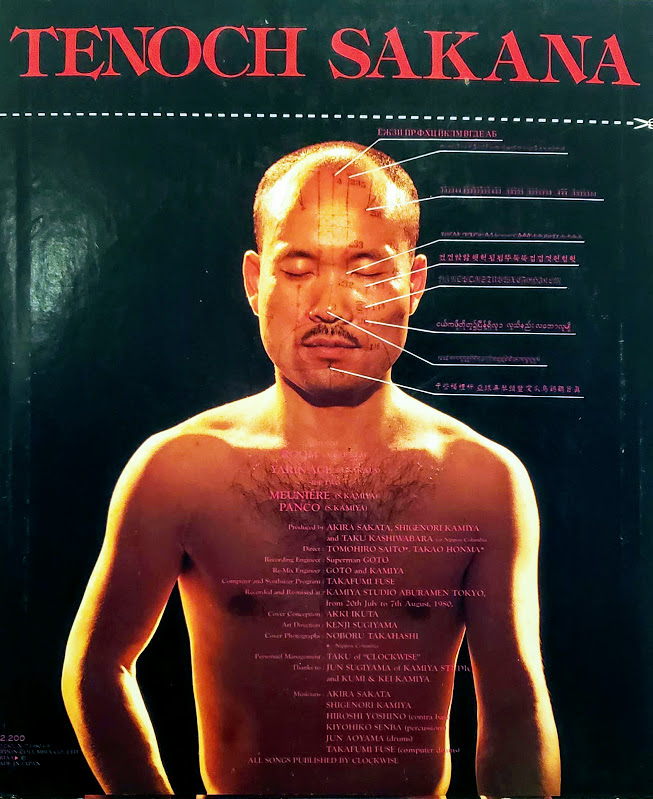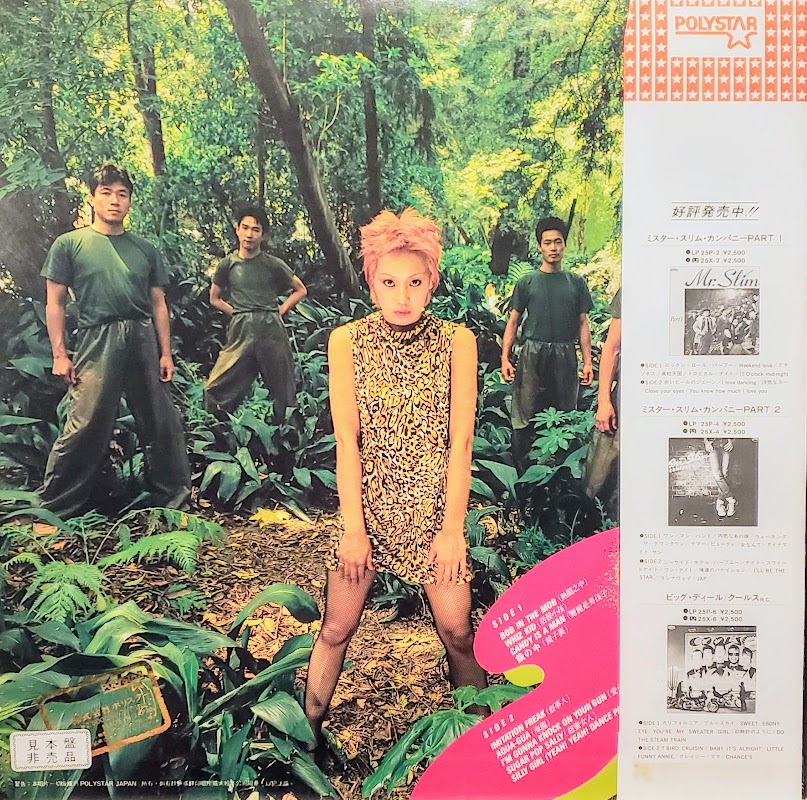The first week in May in Japan is usually “golden week,” a period where a number of national holidays are in a row to allow for a four to six day holiday. This year, with the abdication of the emperor and the ascension of a new one, extra holidays have been added, effectively giving the people of Japan a motherfucking 10 day holiday.
When I say “people of Japan” that’s a bit of a stretch. I sure as fuck didn’t get a ten day holiday, as I’m in the service industry. Ditto for just about anyone working retail. But a lot of office workers are enjoying an extended break, and good for them, they all work too hard and they deserve a break. But the post office also has a fucking ten day holiday. That means that, in a post office not 2km away from my home, my Bleachers EP is sitting in a box of packages somewhere. So, sorry to the new followers I’ve gotten who are checking up on my blog for those rips. It’s not my fault they haven’t shown up yet. Blame the monarchy.
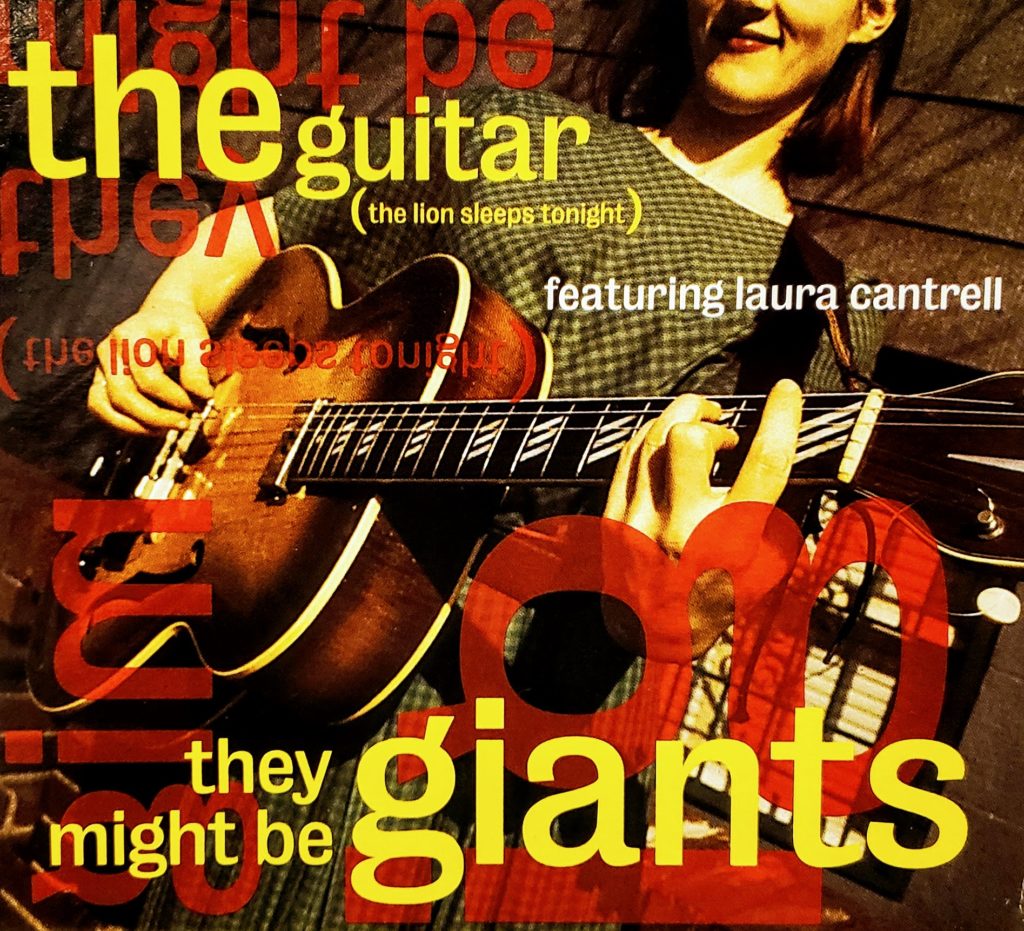
They Might Be Giants
The Guitar (the Lion Sleeps Tonight) [Williamsburgh Mix]
The Guitar (the Lion Sleeps Tonight) [Outer Planet Mix]
Welcome to the Jungle
I Blame You
Moving to the Sun
The Guitar (the Lion Sleeps Tonight) [Even Further Outer Planet Mix]
I almost never, ever seen They Might Be Giants records or CDs here. I would imagine that the group’s lyric-focused college-rock doesn’t translate. But I got lucky yesterday when I happened to find the maxi-single for The Guitar just sitting out at Coconuts Disk in Ikebukuro for a steal of a price at 500 yen (about five bucks). Not only that, it was sealed.
Often I wish I could find out how these oddball and random releases make their way to Japan. Did a college rock DJ bring his collection to Japan and unload it one day? Did a wholesaler buy a shitload of random CDs cheap with the intention of dumping them off at various stores to make a quick buck? Did someone buy two by accident and decided to offload their extra? The world will never know.
In the 13 years I’ve been writing this blog, I believe that this is only the third time that I’ve shared They Might Be Giants tracks. This speaks to how well the group works to make sure their “rarities” don’t stay rare for very long. Nearly ever bonus track, B-side or remix that TMBG have ever released have eventually made their way to a compilation of some sort or another. The only fault I would give the band is that their compilations seems to have no rhyme nor reason to them. They really need a proper re-issue campaign with the rarities included all together. Who knows if we’ll ever get that though, considering that the band seems to still be putting out new music as a lightning pace. Did you know that they put out three damn albums last year?
I didn’t. Sadly TMBG are one of the bands that I’ve lost touch with sine moving to Tokyo. As you can imagine, the group doesn’t have much of a following here in Japan, this EP is the very first CD by the group that I’ve ever come across in the country, and the only vinyl I’ve ever seen are some 12″ singles for Flood-era tracks. A large part of my TMBG-fandom was seeing them live, and since I can’t do that anymore, I guess I just stopped thinking about them. Also, let’s be honest here, I love the group but their output a while ago wasn’t all that great. Nanobots was goofy, but completely forgettable, ditto for The Else and Join Us. Their albums for the past decade or so have just been hovering in three-star limbo. The last album by the group that I listened to with any regularity after its immediate release was The Spine, and the last album by the group that I absolutely fell in love with Mink Car (CYCLOPS ROCK FOR LIFE). Without the dangling carrot of their (still) amazing live shows, I just haven’t been able to keep interest in them. But hey, anyone know if those three albums that they put out last year are any good? I’d love to jump back on board the TMBG fandom if the tunes are there.
Anyways, about these tracks; the “Outer Planet” and “Further Outer Planet” mixes are a lot of fun, and make the trippy song even trippier. To be honest though, I can’t figure out how the Williamsburgh mix is any different than the album version. At first I thought it was just the album version, or a single edit, but it’s a bit longer than the album version. So hey, beats me. The B-sides are cute, 90s-style TMBG tracks with very witty and clever lyrics, “Welcome To The Jungle” is a hilarious-slight-of-hand, taking the title of the GnR classic and nothing else to create an entirely different song that is 100% literal about its titular jungle. “I Blame You” is a bit of a forgettable yet pretty mostly acoustic tune, while “I’m Moving To The Sun” is silly bit of hilarity about a man so fed up with someone that he’s packing his bags and quite literally moving to the sun. Maybe they met my brother.

